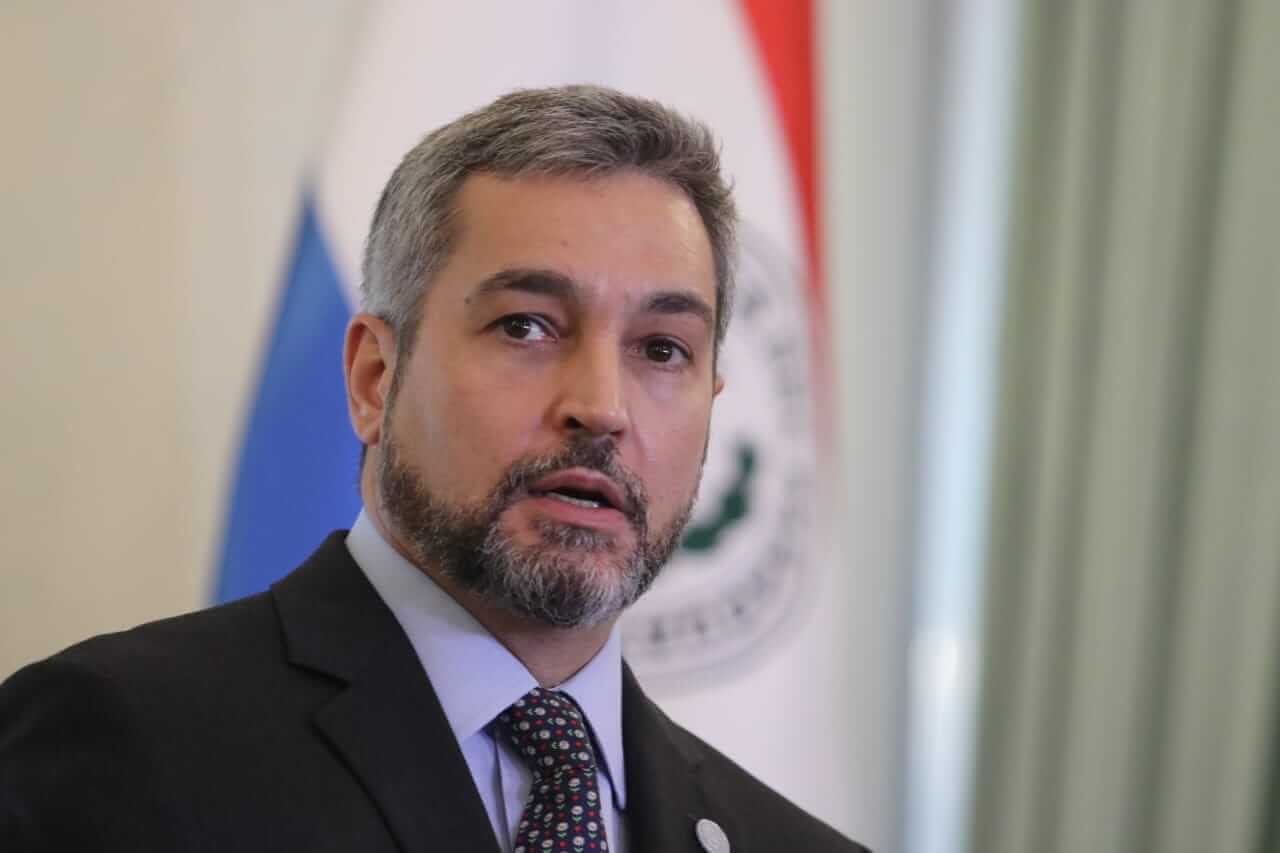On Wednesday, Paraguayan lawmakers voted against impeaching President Mario Abdo Benítez over his handling of the COVID-19 pandemic, despite rising public discontent and demands for his resignation. Benítez’s Colorado Party holds a majority in the Chamber of Deputies and was thus able to secure 42 votes to reject impeachment against the 36 lawmakers who approved the motion. This was well below the 53 votes required by the opposition. Benítez’s survival has been attributed to the efforts of former president Horacio Cartes, who rallied the ruling party to stand behind the incumbent leader.
Opposition member of parliament (MP) Kattya González, who belongs to the Encuentro Nacional party, said, “It was time for Abdo Benítez and his entire government to leave office because they did nothing to confront the coronavirus. There are no vaccines, there are no drugs in hospitals, and the hospital infrastructure is deficient.”
This sentiment appears to be echoed by the general population, with hundreds of demonstrators gathering outside the congressional building and many launching stones, breaking store windows and car windshields, and clashing with police, who attempted to disperse the crowd using water cannons and rubber bullets.
On other hand, Basilio Núñez, who belongs to the ruling party, said that it was “impossible for the opposition to impeach the president because the effort clearly has electoral objectives,” pointing to the fact that municipal elections are scheduled for October and national elections are scheduled for May 2023. Therefore, he argues that the impeachment motion had less to do with the President’s performance during the pandemic and more to do with the opposition’s electoral ambitions.
Núñez, who forms part of what is known as the ‘Cartes faction’, did, however, acknowledge that this represents an opportunity for Benítez to indulge in course correction. He remarked, “The president and his cabinet have been given another opportunity to solve the demands of the people. The demands of the people are medication, medical supplies, and vaccines.”
Last week, following intense protests that led to one death, and 20 injuries among civilians and 12 injuries among police officers, President Benítez asked all of his Cabinet ministers to resign. Benítez has already removed and replaced the ministers for health, education, women’s affairs, and civil affairs, as well as chief of staff Juan Ernesto Villamayor. He hoped that this would satisfy the protesters. However, they have not relented and are continuing to demand the resignation of Benítez himself.
The overarching theme of the protests is centred around corruption within the ruling right-wing government, which citizens allege has embezzled millions of dollars that could have been directed towards dealing with the nation’s public health crisis.
Paraguay has thus far recorded around 185,888 cases and 3,588 deaths from the virus. In fact, just on Wednesday, the health ministry registered a record daily high of 2,540 new cases. Due to a rapid surge in cases, there is now a shortfall of critical medicines and intensive care unit beds at overcrowded and understaffed hospitals. At this stage, the country has vaccinated less than 1% of the population and only 24,000 doses have reached the country.
Amid a continued rise in cases, the government has implemented a curfew in 23 cities starting on March 25. Later this month, Paraguay is expected to receive 100,000 doses via the COVAX initiative. However, this is still well short of the 4.3 million shots it ordered.
A worsening public health crisis and Benítez’s survival from impeachment are only likely to make calls for the President’s resignation even louder.
Paraguayan President Benítez Escapes Impeachment, Calls for Resignation Grow Louder
March 19, 2021

IMAGE SOURCE: AGENCIA DE INFORMACIÓN PARAGUAYAParaguayan President President Mario Abdo Benítez
